George Orwell's 1984 is a dystopian novel that explores the dangers of totalitarianism and the erosion of individual autonomy in a surveillance state. Written in a bleak and prophetic style, Orwell's use of vivid imagery creates a sense of foreboding and unease throughout the novel. 1984 is a powerful commentary on the potential consequences of unchecked government power and the manipulation of language and truth. Orwell's work is often compared to other dystopian classics such as Aldous Huxley's Brave New World and Ray Bradbury's Fahrenheit 451, but stands out for its stark portrayal of a bleak and oppressive future. The novel's relevance and impact continue to resonate with readers today, making it a timeless and thought-provoking work of literature. George Orwell's own experiences as a journalist and political commentator during the early 20th century informed his writing of 1984. His observations of totalitarian regimes and oppressive governments in Europe influenced the themes and tone of the novel, adding a sense of authenticity and urgency to the narrative. Orwell's commitment to exposing truth and defending individual freedom shines through in 1984, making it a seminal work in the genre of dystopian fiction. I highly recommend 1984 to readers who enjoy thought-provoking and challenging literature that explores timeless themes of power, control, and resistance.

1984
George Orwell
audiobookbook
1984
George Orwell
audiobookbook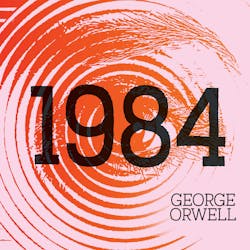
1984
George Orwell
audiobookbook
Rebelión en la granja - Dramatizado
George Orwell
audiobook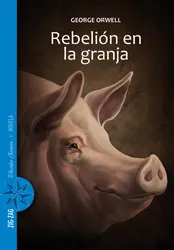
Rebelión en la granja
George Orwell
book
1984
George Orwell
book
1984
George Orwell
book
1984
George Orwell
book
1984
George Orwell
book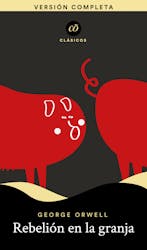
Rebelión en la granja
George Orwell
book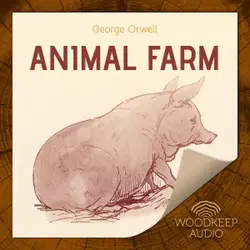
Animal Farm
George Orwell
audiobookbook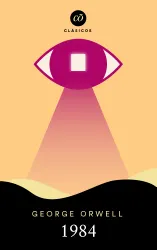
1984
George Orwell
book
